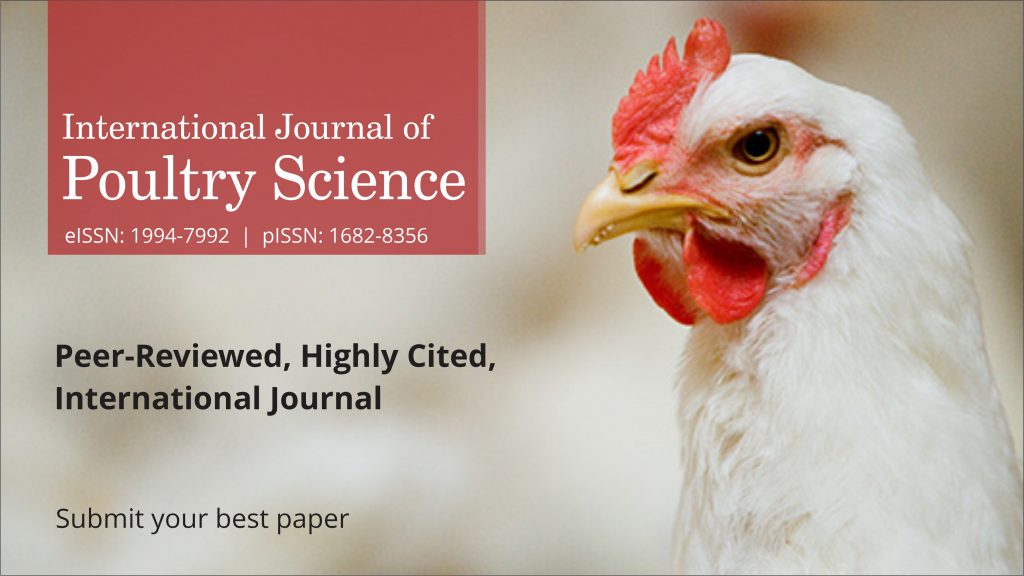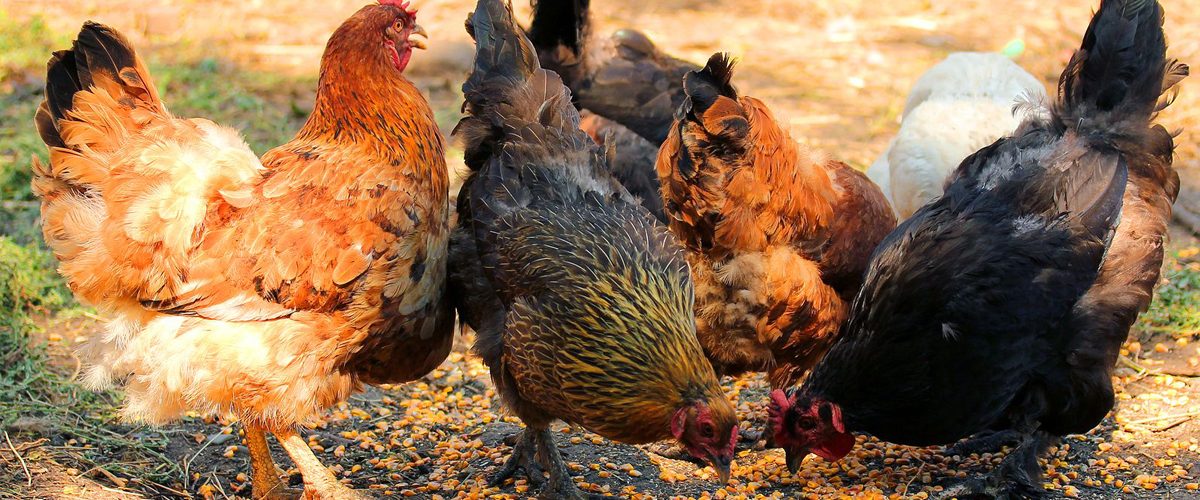Starch is the prime energy source and constitutes up to 50% of poultry diets. It is mainly supplied by cereal grains and in the U.S., specifically from corn. Researchers develop many techniques to evaluate grain processing methods that raise starch availability like grinding and thermal processing. The major purpose of these methods is to interrupt the outer shell of the corn kernel and uncover the starch endosperm to make it more reachable for enzymatic digestion in the animal. Amylase is a glycolytic enzyme that degrades starch into sugars. Starch digestion is largely driven by amylase. Hence, grain processing can develop starch digestion by aggregating the surface area of starch molecules.
Syngenta Enogen Feed Corn (EFC) is the series of Syngenta Seeds, LLC and a corn variety which contains a bacterial transgene that has been genetically improved to contain α-amylase enzyme trait. EFC may raise post ruminal starch digestion, subsequently improve animal performance.

This seed variety initially developed to improve the productivity of ethanol production. Available studies have revealed probable benefits in animal performance after the addition of EFC in livestock diets. Increased amylase activity of EFC corn is intended to support in the rapid degradation of starch to sugars that ultimately provide more available energy for growth.
Syngenta Crop Protection claimed a 5% increase in feed efficiency and a 4.1% increase in starch digestion when conventional corn is substituted by EFC in the diets of finishing and stocker cattle.
Ochonski et al. (2019) conducted an experiment to reveal a tendency for improved average daily gain for pigs consuming EFC compared to conventional corn during the last 82 days of the finishing period. Evaluation of EFC in poultry diets and Effects of EFC on feed processing characteristics needs more in-depth experimental studies. Research work also required to discover how a corn variety with high amylase may react in the pelleting process.
Recently, research conducted by Truelock et al. (2021) published in the international journal of poultry sciences to investigate the high amylase activity in Enogen® Feed corn in order to influence the pelleting process, specifically starch gelatinization. The researchers evaluated the effects of corn type and conditioner retention time on pelleting characteristics and broiler growth and carcass traits that replacing corn source conventional (CON) with EFC in poultry diets appears to enhance starch gelatinization during pelleting but did not affect feed efficiency in broilers. They further found that replacing CON with EFC in poultry diets should have a minute effect on the efficiency of the pelleting process. The researchers suggested further research work to investigate potential effects of EFC on starch digestibility in broilers to better understand metabolic effects of increased amylase.
















Add comment